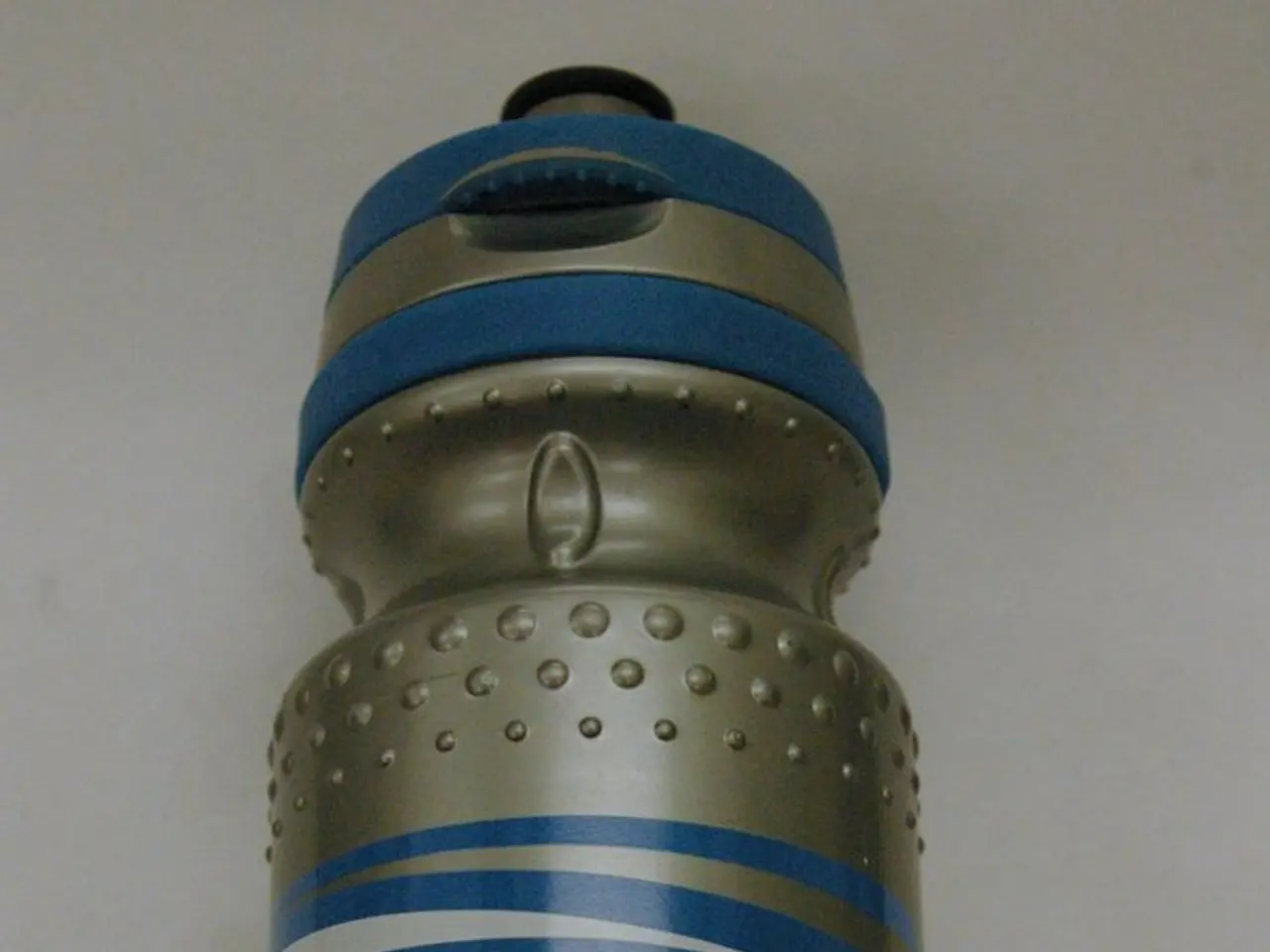Court of Appeal in England Affirms Patent and SPC Legitimacy for Astellas' Prostate Cancer Blockbuster Treatment's Patent and SPC Remain Valid
In a significant ruling, the Court of Appeal has dismissed an appeal by generic manufacturers Accord, Sandoz, and Teva challenging the validity of patent EP 1 893 196 and the related Supplementary Protection Certification (SPC) covering enzalutamide, the active ingredient in Astellas' prostate cancer drug Xtandi®.
The dispute centres around the generics' contention that the judge erred in his evaluation of the expert evidence, particularly in finding that the change from cyclobutyl to dimethyl at a specific position in the molecule was not obviously trivial and could have a material effect. However, the Court of Appeal upheld the Patents Court finding that both the patent and SPC are valid.
The Court of Appeal's decision underscores the high standard for overturning fact-dependent evaluative decisions on appeal, especially in specialist areas such as patent validity disputes. In their supplemental judgment, Lord Justice Zacaroli highlighted the appellate court's limited scope in re-evaluating fact-intensive findings from specialist patent judges.
The Court of Appeal found that the generics' expert evidence was infected with hindsight, as the expert did not explain the context in which the skilled team would have made the change to the cyclobutyl group, nor provided a scenario in which the skilled team would have started by considering a change at the specific position in question.
The Court also emphasised that a conclusion on obviousness is a highly fact-dependent evaluative decision. The judge's finding that the skilled team looking for a novel compound would not have been motivated to consider close analogues of the molecule disclosed in the prior art was upheld.
The Court of Appeal's decision adds to a line of recent judgments confirming the high standard for overturning a fact-dependent evaluative decision on appeal. It serves as a reminder that experts should explain the context in which a skilled team makes its decisions, even though motivation is not necessary for a finding of obviousness.
Instructing experts to follow the Pozzoli approach can create a risk of hindsight, according to the Court of Appeal's guidance on the proper instruction of experts. The Court provided guidance that experts should be explicitly instructed to consider the relevant facts and evidence, and to avoid hindsight when evaluating the obviousness of a claimed invention.
This decision reinforces the deferential approach of appellate bodies to trial courts on fact questions, maintaining a high threshold for reversal of fact-based evaluations. The Court of Appeal's decision in the enzalutamide patent and SPC case is a significant development in patent law, emphasising the importance of clear and robust expert evidence in patent validity disputes.
- In the enzalutamide patent and SPC case, the Court of Appeal highlighted that experts should avoid hindsight when evaluating the obviousness of a claimed intellectual property, as per the Pozzoli approach.
- This major ruling in the scientific industry underscores the critical role of clear and robust expert evidence in establishing the validity of intellectual property rights, particularly in the context of medical-conditions like cancer.
- The Court of Appeal's decision indicates that a conclusion on the obviousness of a patented compound can be highly dependent on the specific facts and context, emphasizing the importance of experts providing detailed explanations to support their evaluations.




